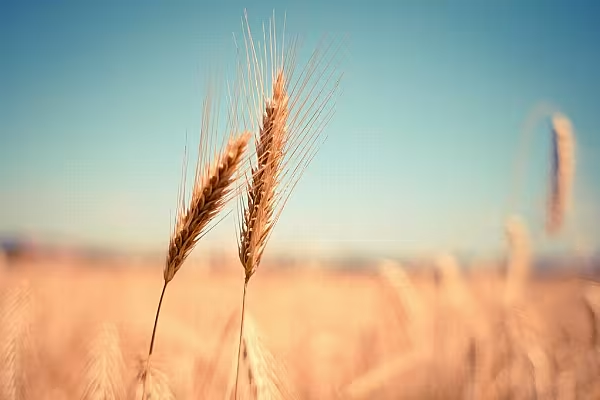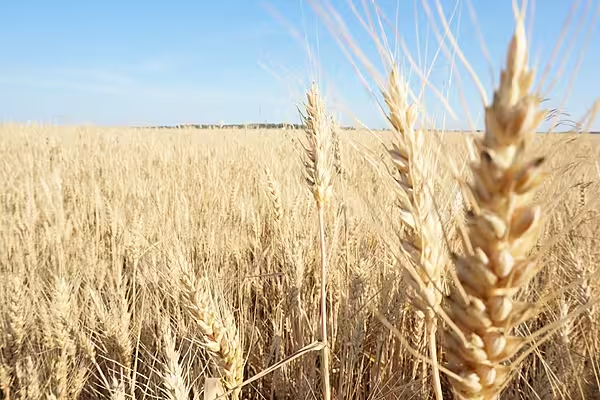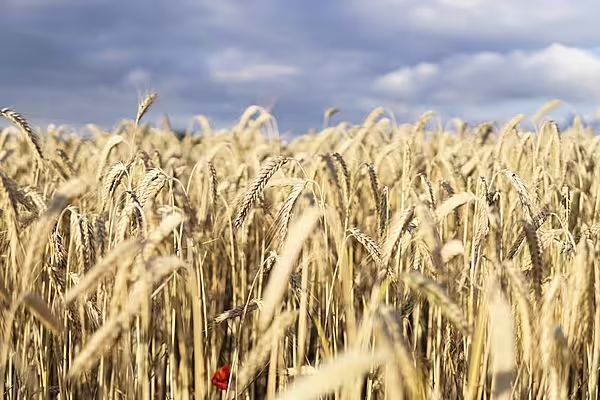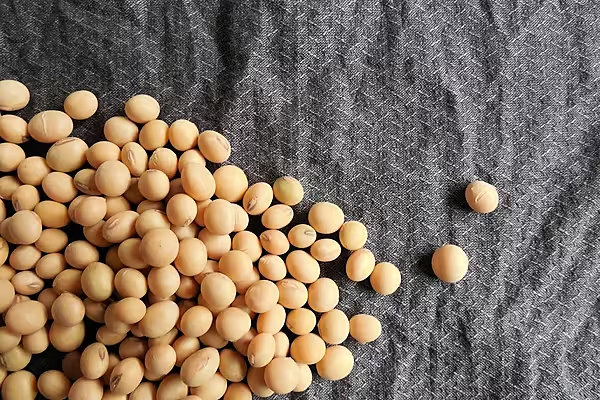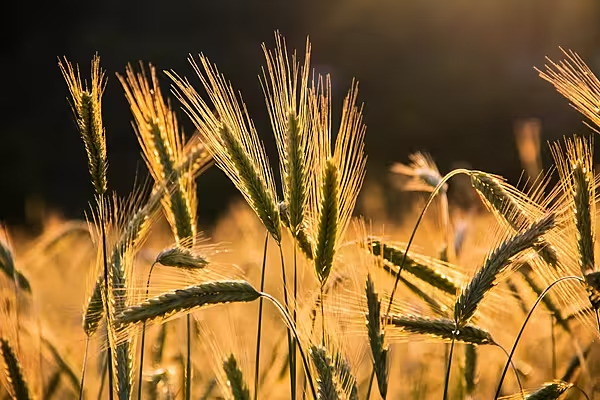Egypt has contracted to buy 180,000 tonnes of wheat from India, less than previously agreed, but is looking at ways to extract more flour from grain and even use potatoes in bread making as it tries to trim imports, its supply minister has said.
Egypt, one of the world's biggest wheat importers, has in recent years purchased much of its grain from the Black Sea, but saw those imports disrupted by Russia's invasion of Ukraine.
The conflict has also further raised wheat import costs. Egypt relies mainly on imported wheat to make heavily subsidised bread available to more than 70 million of its 103 million population.
As Egypt sought to diversify import origins, supply minister Aly Moselhy said in May that it had agreed to buy 500,000 tonnes of wheat from India. India banned wheat exports the same month, but made allowances for countries like Egypt with food security needs.
Available Wheat
"Based on what the supplier said, the condition was that the wheat has to be at the ports, then it would be available," Moselhy told a news conference on Sunday.
"We had agreed on 500,000 tonnes, turns out [the supplier]has 180,000 tonnes in the port."
Moselhy added that Egypt was also in talks with Russian suppliers for a wheat purchase agreement.
Production Techniques
Separately, Egypt is looking at ways to obtain more flour from grain, raising the extraction percentage for flour used for subsidised bread to 87.5% from 82%, Moselhy said.
That could save around 500,000 tonnes of imported wheat, importing 5 million to 5.5 million tonnes of wheat for the 2022/23 fiscal year, he added.
Another idea being tested was supplementing wheat flour with potatoes. "We are looking at the technology now," Moselhy said.
Current wheat reserves are sufficient for nearly 6 months after procurement of 3.9 million tonnes in the local harvest, according to Moselhy.
News by Reuters, edited by ESM – your source for the latest supply chain news. Click subscribe to sign up to ESM: European Supermarket Magazine.
